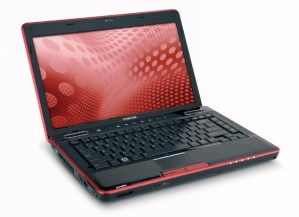
New market figures from research firms IDC and Gartner show that the fourth quarter of 2009 was a major win for PC manufacturers: PC shipments were up more than 20 percent in the quarter compared to the same period in 2008. Although the holiday quarter has historically been strong for consumer PC sales, the shipment data makes the quarter the best quarter-over-quarter growth the global PC market has seen in seven years—and cheap PCs and Windows 7 led the way.
“The U.S. market exploded in the fourth quarter, driven by a series of factors,” said IDC research manager David Daoud, in a statement. “Low-cost notebooks and mininotebooks were the biggest contributors to the successful fourth quarter. Once again, the consumer market overcame the weak commercial sector to save the quarter.”
“These preliminary results indicate the recovery of the PC market on a global level,” said Gartner principal analyst Mikako Kitagawa, in a statement.
Both research firm cite low price points as the major reason for improved shipments during the fourth quarter, although the launch of Windows 7 provided what the companies describe as a “good market tool” and a “moderate” assist to the uptick in PC shipments.
The United States market showed the strongest growth in the quarter, with Gartner putting it up 26.5 percent and IDC noting a 24 percent uptick. Toshiba was the big winner for the quarter in terms of growth, with Gartner saying the company managed a 70.7 year-on-year increase in shipments and IDC going even further with a 71.5 percent increase. However, Hewlett-Packard easily held on to its top spot amongst PC makers, with the companies noting a 45.9 and 45.1 percent increase in shipments year on year, respectively.
And what about media darling Apple? The huge unit shipments of low-cost PCs cost the Cupertino company in unit shipments: both Gartner and IDC have Apple dropping to number 5 in the U.S. market and out of the top five in the world market, although like other computer makers Apple did see substantial year-on-year increase in computer sales in the U.S.: 23.3 percent according to Gartner, 31 percent according to IDC.
Editors' Recommendations
- How to check your PC’s specifications on Windows 11
- Xbox PC Game Pass has a big problem — and it isn’t the name


